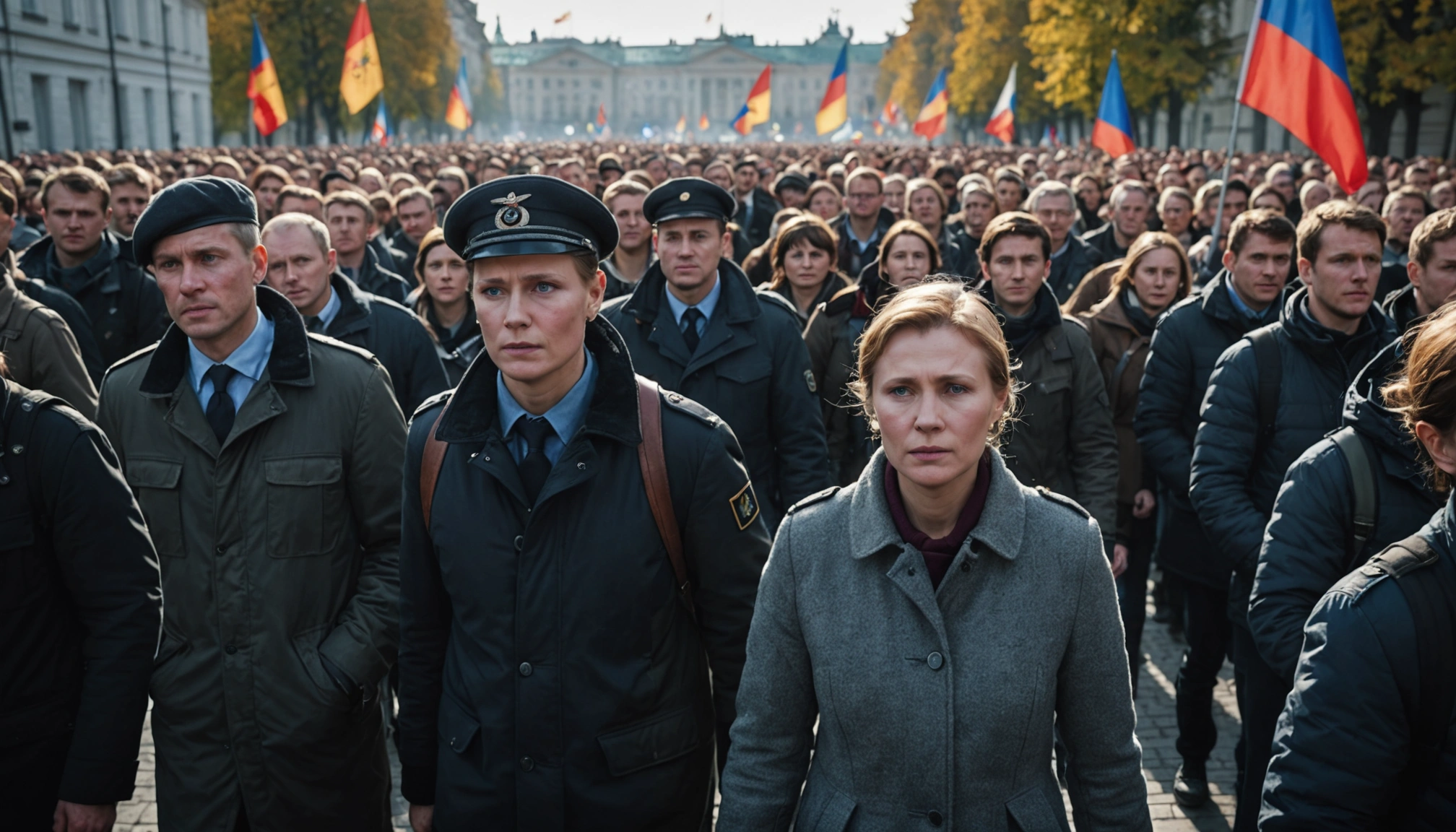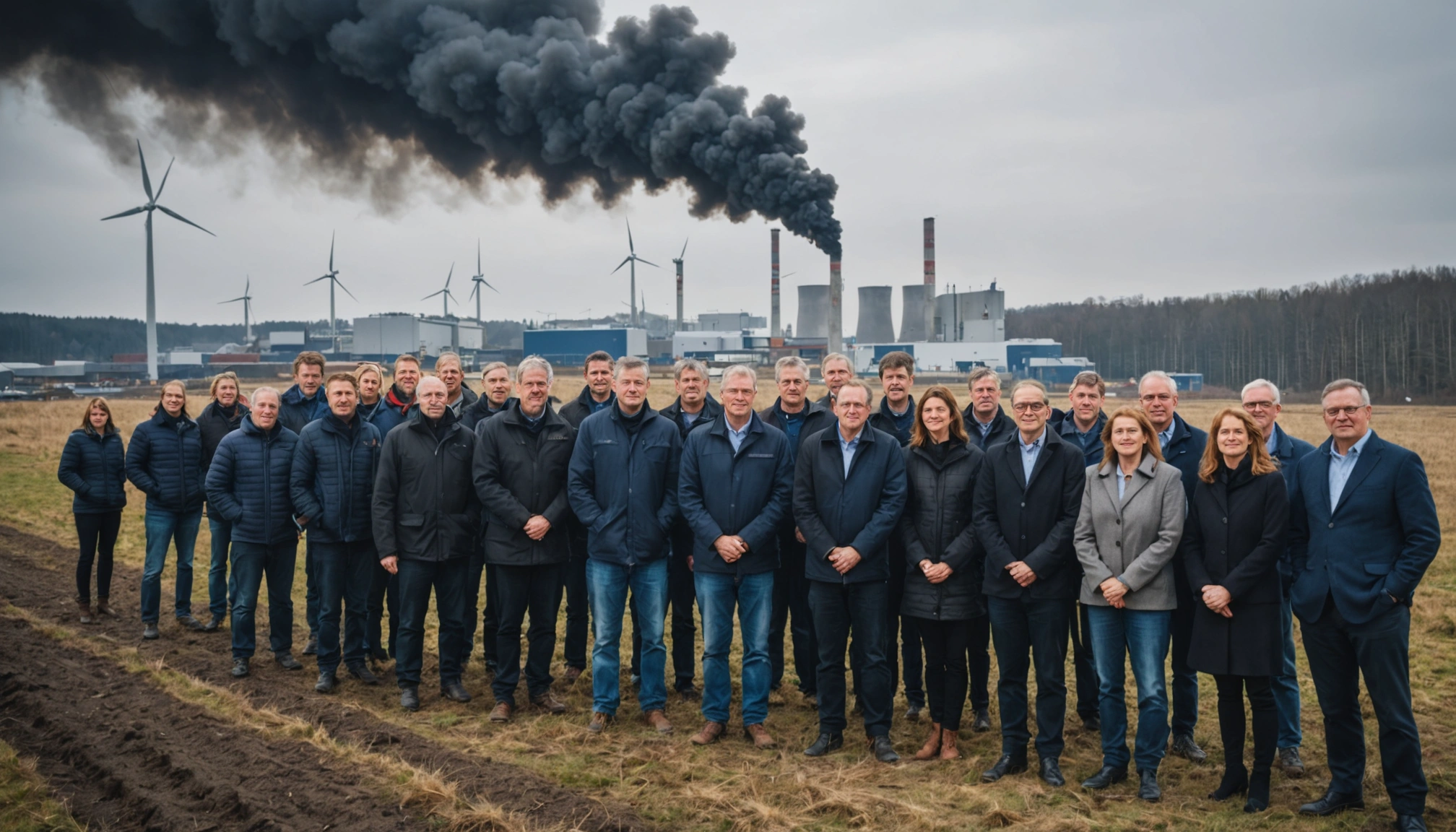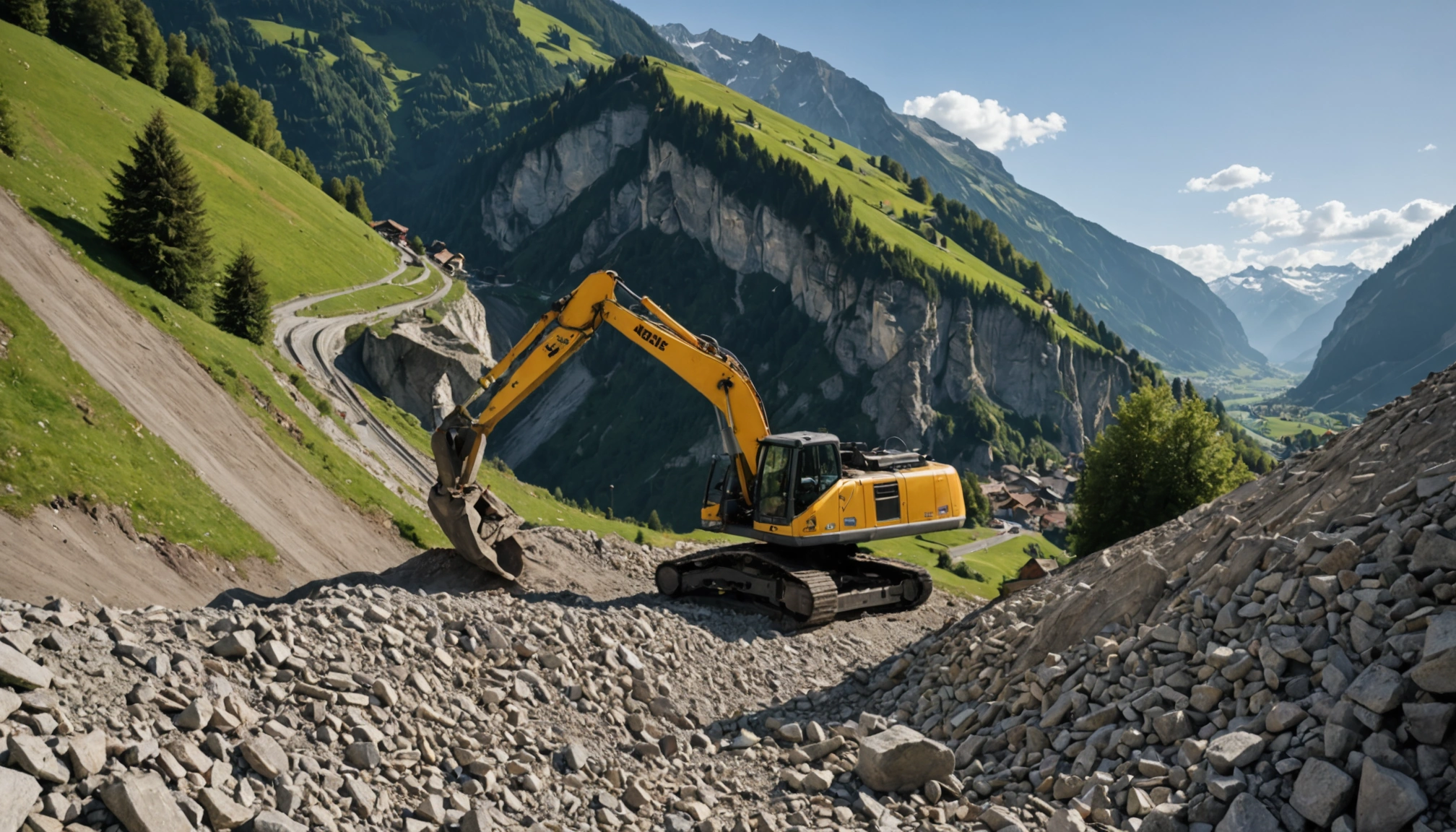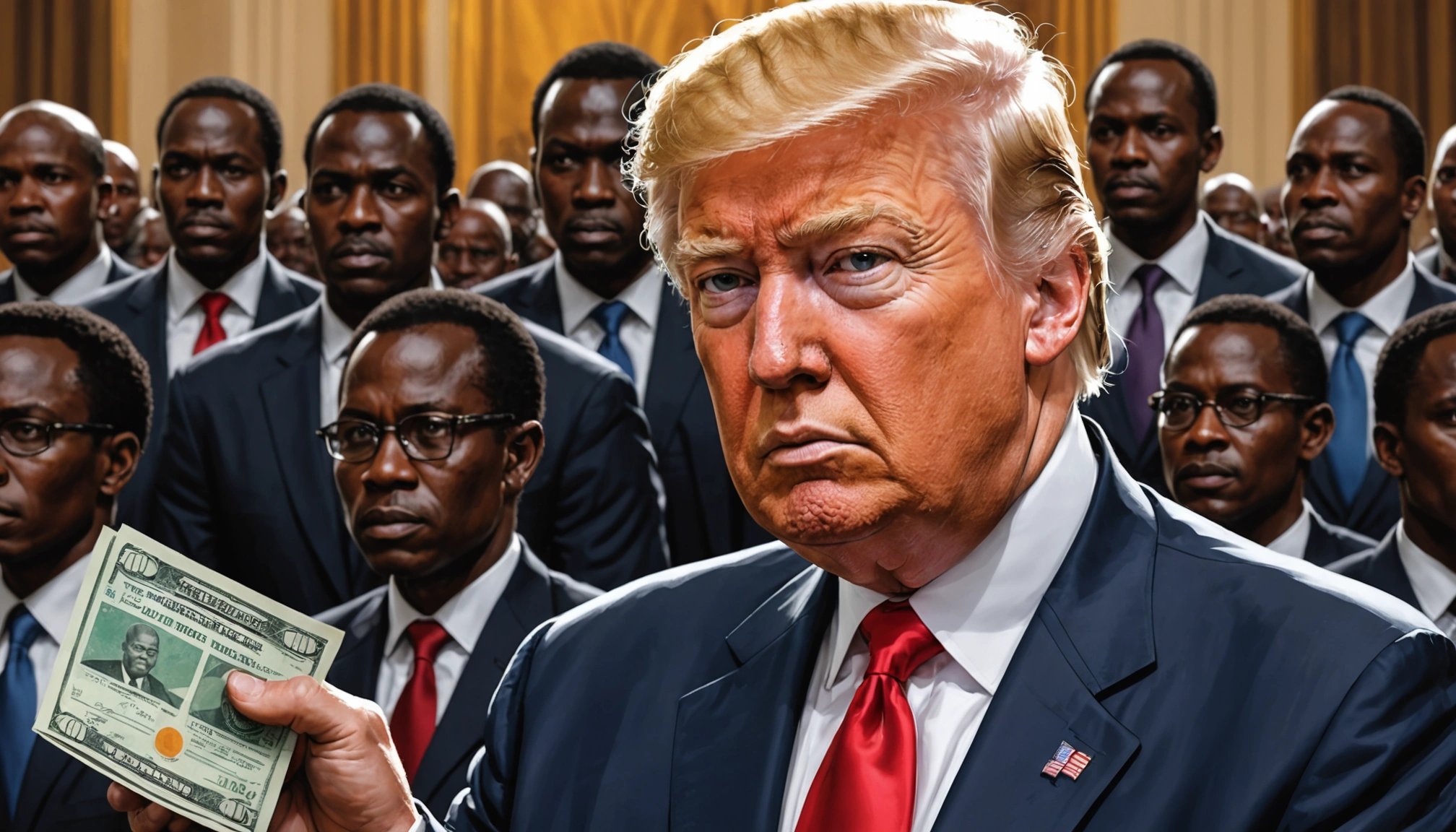Russian Émigrés Find Political Voice in Germany After Fleeing War

BERLIN – Since Russia's invasion of Ukraine in February 2022, Germany has become a haven for tens of thousands of Russians fleeing political repression and potential criminal prosecution for speaking out against the war. Now, many of these war-critical émigrés are seeking to make a difference in their new home by actively participating in German politics, bringing diverse perspectives and experiences to the German political landscape.
From Moscow Streets to German Parties
The influx of politically active Russians represents a new wave of emigration, driven by opposition to the war and fears of conscription and economic instability. This wave is estimated to include around 500,000 to 600,000 individuals as of the end of 2022. Unlike previous waves, this one is largely motivated by the current political climate in Russia. Many of these new arrivals are representatives of Russian non-governmental organizations, independent media outlets, and local-level opposition politicians. Germany's appeal lies in its long tradition of contacts between civil societies, the German government's willingness to support Russian independent media and civil society initiatives, and the presence of established pro-democracy organizations.
Ilya Makarov, 21, is one such example. He became politically active in his hometown of Izhevsk, in the Ural region, shortly after the invasion. After facing administrative charges and detention for his anti-war campaigning, he left Russia and found refuge in Worms, Germany. Inspired by the European Parliament elections in July 2024, Makarov joined the Social Democratic Party (SPD), finding its program aligned with his views. He now contributes to the party's information efforts.
Diverse Political Leanings
These Russian migrants are engaging with parties across the political spectrum. Some, like Makarov, have found a home in center-left parties like the SPD. Others are drawn to the liberal Free Democratic Party (FDP). For instance, a Moscow artist who joined the youth political movement "Vesna" before relocating to Germany, found that the FDP's economic views and support for Ukraine and Israel closely matched her own.
However, reports also suggest that some Russians are drawn to more extremist groups such as the Alternative for Germany (AfD), with some observers noting the party has enormous support within the Russian community in Germany, even among those who simultaneously support Putin. This highlights the complex and diverse political views within the Russian émigré community.
Challenges and Contributions
While eager to participate, Russian émigrés face challenges, including language barriers and navigating the intricacies of the German political system. Some, like Zernov, acknowledge the difficulty of full participation due to language. However, they actively engage in party events and working groups, such as those focused on migrant affairs.
Despite these hurdles, their involvement offers unique contributions. They bring firsthand experience of political repression and insights into the Russian political system, enriching the German political discourse. Their activism also extends beyond domestic German politics, with many involved in initiatives to support Ukrainian refugees and advocate for a tougher Western stance against the Putin regime.
Impact and Future
The long-term impact of this new wave of Russian political engagement remains to be seen. While civil society in exile may not be a crucial factor in the political transformation of Russia, it can contribute to rebuilding and expanding Russian civil society structures in exile, promoting grassroots democracy, and lobbying for a stronger stance against the current Russian government.
The integration of these war emigrants into German politics reflects a broader trend of increased political activism among immigrant communities. As Germany continues to grapple with the challenges and opportunities presented by migration, the participation of Russian émigrés offers a valuable perspective and a potential catalyst for positive change.
A New Chapter
The decision of these Russian émigrés to pursue careers in German politics marks a significant chapter in their lives and in the evolving relationship between Russia and Germany. Driven by a desire to make a difference and contribute to their new home, they are actively shaping the political landscape while keeping a watchful eye on the country they left behind. Their experiences serve as a reminder of the human cost of war and the enduring power of political activism, even in exile.
Related Articles


